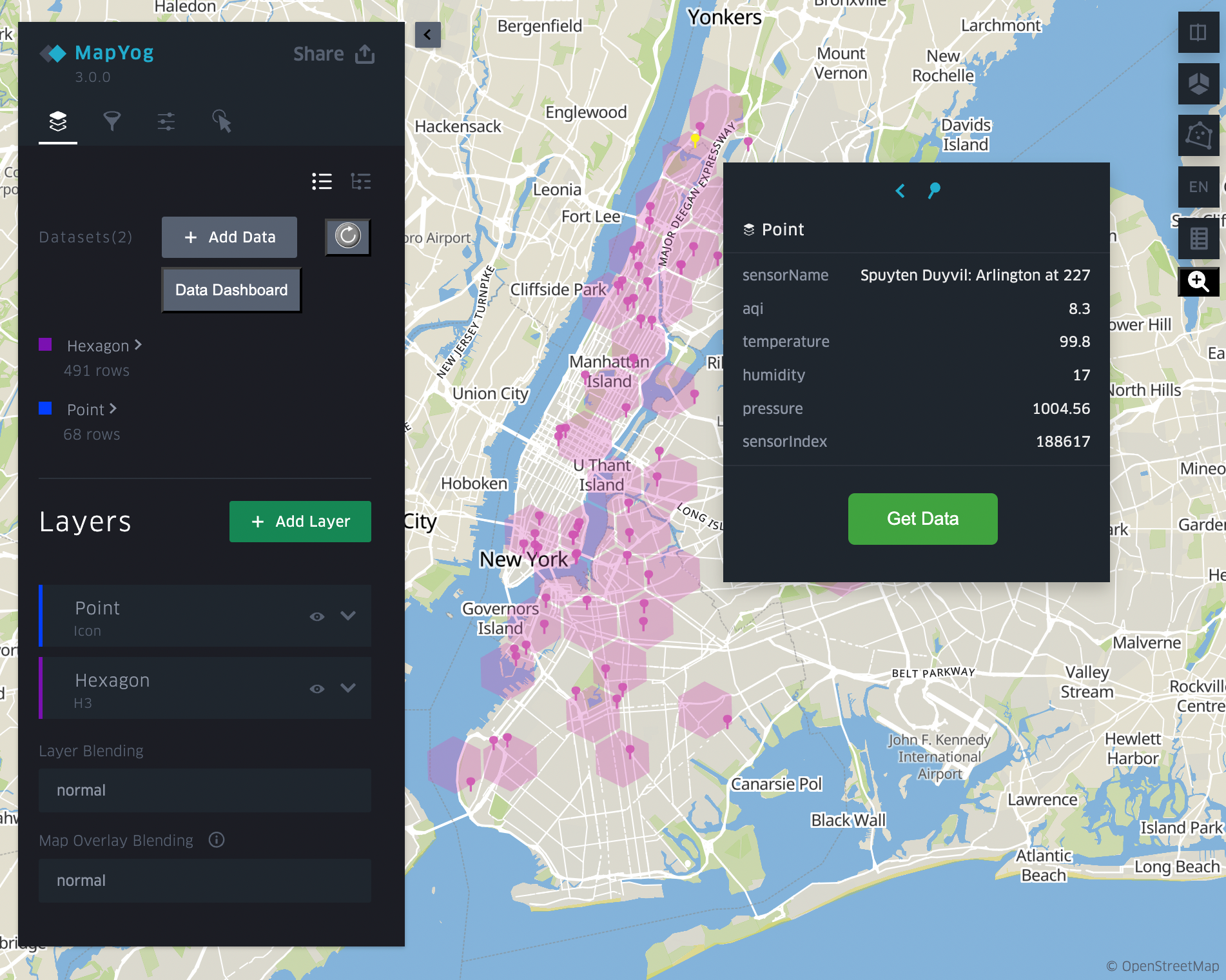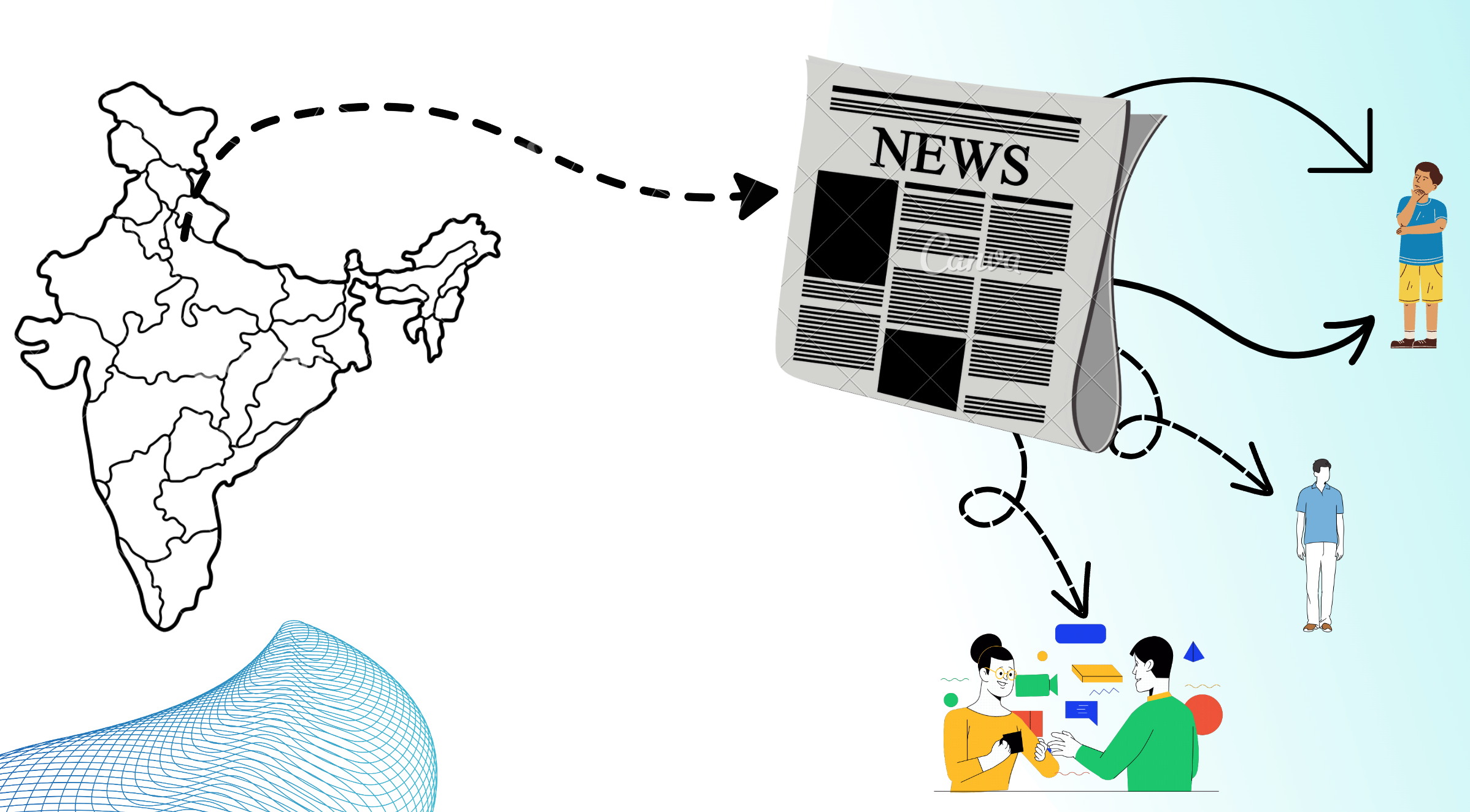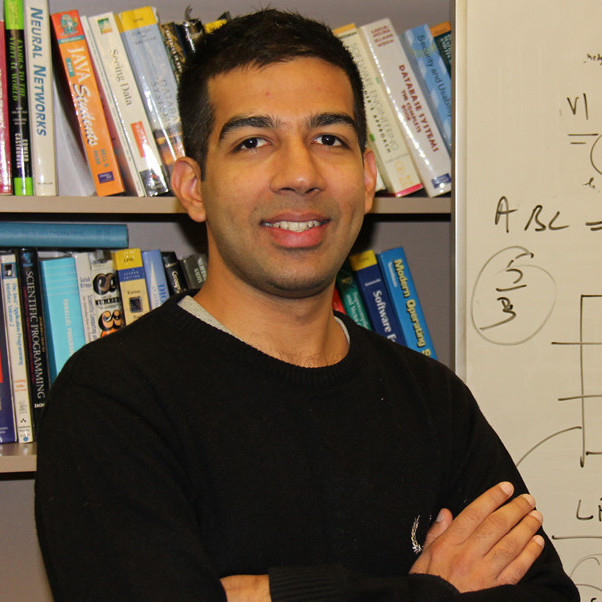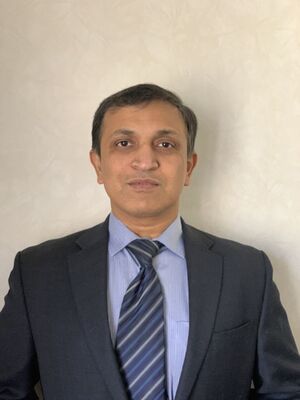Dr. Ankit Sharma
Dr. Ankit Sharma is an accomplished AI and data science expert with a diverse range of academic and industry experiences. He completed his MS and Ph.D. in Computer Science at the University of Minnesota, focusing on machine learning models for hypergraphs and developing the Minnesota Engine for Hypergraph Analytics (MESH). His work at FastBridge, an education data-mining/AI startup, involved creating data mining pipelines for educational psychology models. Ankit's internships at the Army Research Lab (ARL, Maryland, USA) and Qatar Computing Research Institute (QCRI, an AI research lab in Doha, Qatar) saw him applying AI models to analyze team behavior and urban computing problems. At Contata Solutions, a data analytics firm in Minneapolis, USA, he specialized in knowledge graph-based language models. As a faculty member at IIIT Kota from 2021 to 2023, Ankit taught courses such as Machine Learning and Data Mining, emphasizing project-based learning and mentoring students on projects like generative models for Indian classical music. He was also a co-Principal Investigator on a Rajasthan government grant focused on AI in education. Ankit's consulting roles with QenLabs (a geospatial and GeoAI-focused company in Minneapolis, USA) and Melio (a bioinformatics startup research lab in San Jose, USA), as well as his work at YogLabs, which he founded, on projects like NewsYog (hyperlocal news personalization) and NakshaYog (AI-driven map curation), highlight his commitment to advancing AI applications for societal benefit and establishing himself as a leader in the field.
